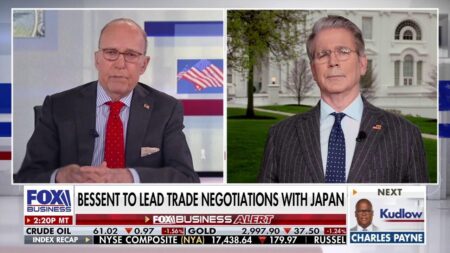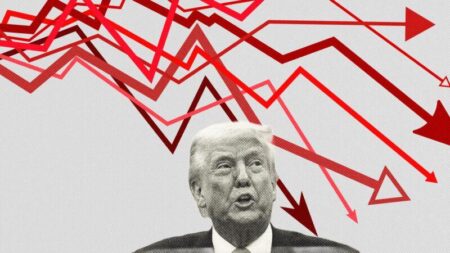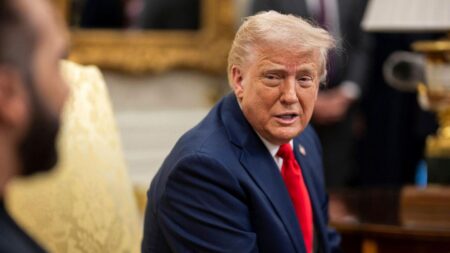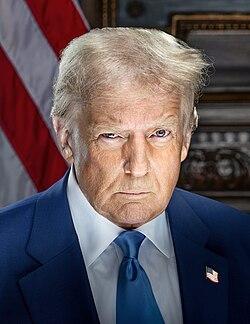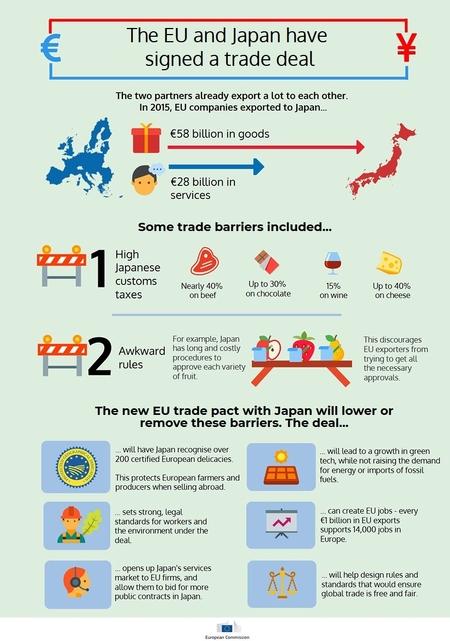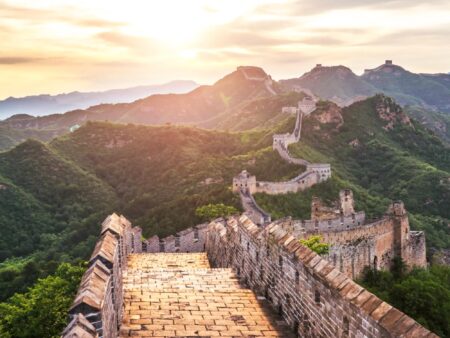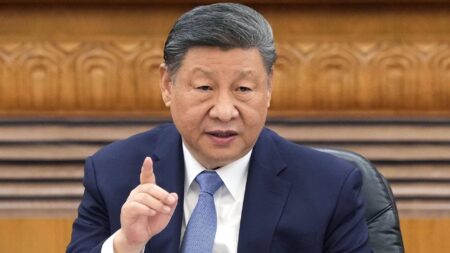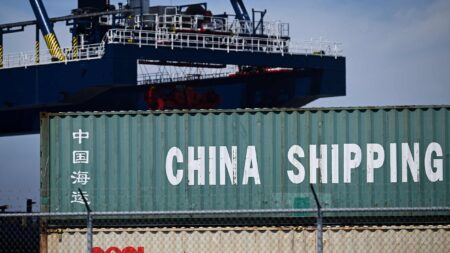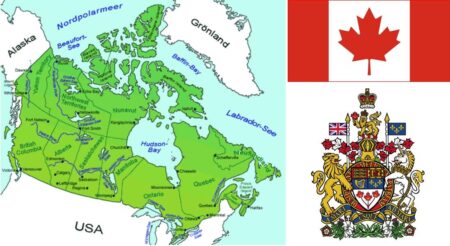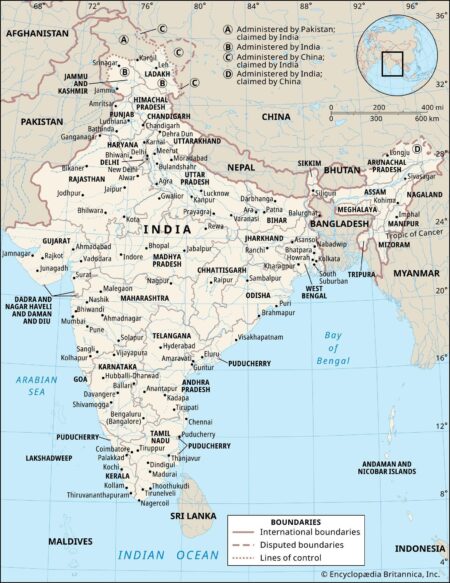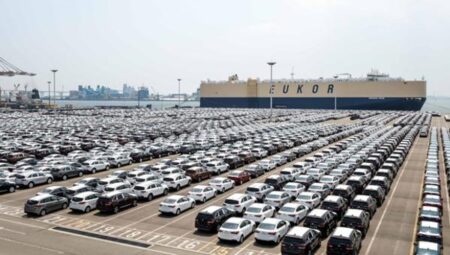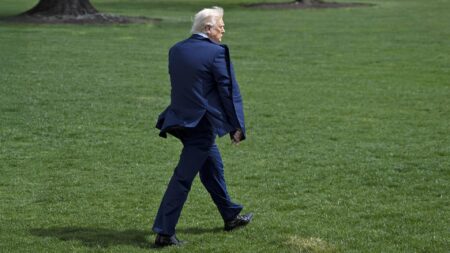Japan is skillfully navigating the rising trade tensions between the U.S. and China, aiming to bolster its economic standing. With tariffs reshaping global markets, Tokyo is actively seeking fresh partnerships and innovative trade agreements to safeguard its interests.
Browsing: international trade
The U.S. is strategically using tariff negotiations to economically isolate China, as highlighted in a recent report by The Wall Street Journal. This bold approach underscores the nation’s commitment to countering China’s growing influence in global trade while simultaneously reinforcing alliances with vital partners around the world
President Trump’s trade war could unintentionally fuel the flames of deforestation in the Amazon. With rising agricultural demand and lax environmental safeguards, we may witness a surge in the exploitation of this vital rainforest, putting both biodiversity and climate stability at serious risk.
Nissan has revealed a major cutback in the production of its popular Rogue model for the US market, attributing this decision to the rising tariffs on imported vehicles. This shift highlights the hurdles that automakers are navigating in an ever-changing landscape of trade policies
In a bold move to ease rising trade tensions, President Trump has called on China to unveil a fresh tariff proposal. This initiative emerges as both countries navigate a web of disputes that are shaking up global markets. Experts believe that any progress in this direction could hint at a potential warming of relations.
In a bold statement, former President Donald Trump declared that the onus is on China as trade negotiations hit a standstill. This remark highlights the escalating tensions between these two economic giants, with discussions currently at an impasse
US orders from Chinese small businesses face delays as Trump-era tariffs continue to impact trade relations. The hold on these imports underscores ongoing economic tensions, affecting suppliers and pricing in the global market.
Bessent has identified Japan, the U.K., Australia, and South Korea as key priorities for future trade agreements, aiming to strengthen economic ties and enhance market access. This strategic focus signals a commitment to expanding international trade relations.
India’s foreign exchange reserves have surged to $676.3 billion, according to the central bank governor, reflecting a robust external position. This increase highlights the country’s resilience amid global economic uncertainties, bolstering confidence in the Indian economy.
Brazil aims to enhance its international presence by engaging in talks with the United States, while simultaneously pursuing expanded trade deals with other nations, a government official stated. This strategy underscores Brazil’s intent to boost economic growth.
Japan has no intention of leveraging U.S. Treasurys amid ongoing tariff discussions, reaffirming its commitment to stable financial markets. Officials emphasize the importance of cooperative trade relations while navigating complex economic challenges.
As tensions escalate in the trade war, China is strategically recalibrating its economic policies in response to increased pressure from the Trump administration. Beijing is focusing on strengthening domestic markets while seeking new trade partnerships to mitigate potential impacts.
Manufacturing has driven Brazil-U.S. trade to unprecedented levels in the first quarter, according to Valor International. The surge highlights strengthened economic ties and growing demand for Brazilian products in the American market, signaling robust bilateral relations.
Chinese President Xi Jinping embarks on an aggressive diplomatic tour across Asia, seeking to bolster trade relations amid an ongoing tariff war with the United States. His efforts aim to strengthen alliances and mitigate economic impacts from the escalating conflict.
China has urged the United States to “correct its mistakes” by eliminating reciprocal tariffs that have strained trade relations. This call reflects ongoing tensions as both countries seek to navigate economic challenges amidst a complex global landscape.
In response to the recent tightening of auto tariffs by the United States, Canadian Prime Minister announced that Canada will implement matching tariffs. This move is aimed at protecting Canadian industries amid escalating trade tensions between the two countries.
India has asserted its commitment to fair trade practices following Donald Trump’s decision to impose a 90-day pause on tariffs. The Indian government emphasized that negotiations should not occur under pressure, reaffirming its stance on equitable economic dialogue.
Tesla has halted new orders for two imported, US-made models in China, as reported by Reuters. This move reflects ongoing challenges in the Chinese market, where competition and regulatory pressures continue to intensify for the electric vehicle manufacturer.
Japan faces a potential loss of $17 billion in car exports if the United States implements proposed tariffs, according to the UN trade agency. This move could significantly impact Japan’s automobile industry, which is a vital part of its economy.
In a bold push for domestic manufacturing, Trump’s “Made in USA” initiative could potentially triple iPhone prices, raising concerns among consumers. A recent report reveals significant price disparities globally, highlighting the least expensive markets for the iconic device.


